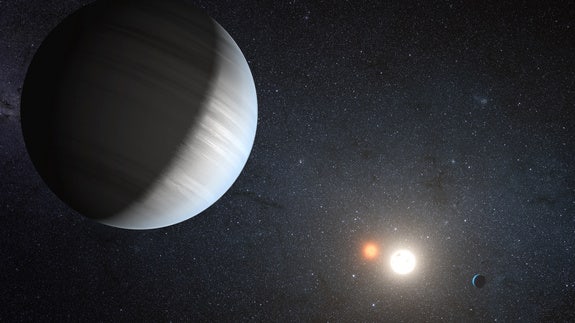Only 4% of the universe is observable to us with our current science. The rest is shit we literally can't yet comprehend, but might soon.
What if that 4% of the universe isn't all that interesting? It's all basically just the same gases and rocks spammed over and over again?
What if within a few hundred years of discovering astrophysics, relativity, quantum mechanics, instead of fighting against the speed of light to try to explore their galaxy, civilizations discover far more interesting areas and avenues of exploration than what we currently can observe?
tl;dr What if it turns out to be "easier" to explore dark matter realms or alternate dimensions, alternate universes, etc, than it is to travel around in normal boring old spacetime?
If this seems insane, think that 500 years ago, the idea of exploring space was insane. Maybe 500 years from now the idea of exploring dark matter, alternate universes, anti-matter realms, turns out to be not that hard? If those realms were more interesting, would we bother trying to travel to a bunch of extremely faraway rocks?






